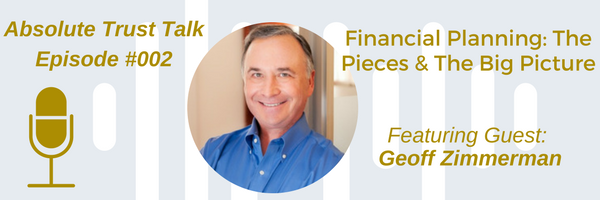Here are some of the more popular questions people have about wills and trusts and other estate planning documents. Even people who already have their estate planning documents in order still wonder about these scenarios.
Q: Should I Keep My Estate Planning Documents in a Safety Deposit Box?
A: Yes – and no. You might keep an original of your estate planning documents in a safety deposit box but you should keep a copy in your house with all of your important papers. It should be a place where a family member knows where to find it. Having the only copy of estate planning documents locked away in a safety deposit box may cause unexpected delays and confusion after someone passes away.
Q: What If I Move After My Estate Planning Documents Are Completed?
A: If you have completed your estate planning documents in California and move to another state, it is a good idea to have an attorney in that state review your documents to make sure that the laws of that state do not conflict with any of the provisions of your will and trust. If you move to California from another state and have estate planning documents written in that state, you should have a California attorney review the documents to make sure your wishes are still in sync with California law. States do have some differences in their approach to probate and estate administration so it is advisable to be aware of that.
Q: What if I Own Property In Other States Besides California?
A: Normally your estate would be governed by the state in which you reside at the time of your death. Many people do have vacation properties or time-shares in other states. Those other properties should be reflected in your estate planning documents so there is no mistake as to what your intentions are.
Q: What If I Never Put My House Into My Trust?
A: This is a common issue with many people who complete trusts. They ‘forget’ to place their house into the trust. In fact, they do not place anything into the trust. This is an administrative matter whereby you re-title the deed to your house into the name of the trust so your trust ‘owns’ the real estate. This is called ‘funding the trust’ whereby one re-titles assets into the name of the trust. It is not fatal if you forget to fund your trust but it may create some complications and legal expenses during the administration of your trust.
Q: What If I Change My Mind and Want To Make A Change to My Estate Documents?
A: You can make changes to a will or trust via written instruments known as codicils and/or amendments. Usually it is not necessary to draft a whole new set of estate planning documents if you want to make minor alterations such as designating a new alternate trustee or adding a gift for a grandchild. If you plan to make major changes to your estate plan, then a new trust may be in order.
Q: Who Will Take Care of My Children if Both Parents Die?
A: A will is the only way you can name a guardian for minor children if both parents are deceased. If there is no will naming a guardian, then a court will make that determination.
Q: What If I Am Able to Write a Will By Hand at the Last Minute? Is That Valid in California?
A: California recognizes hand written wills, also referred to as ‘Holographic’ Wills. In order to be valid, a Holographic Will must be written in a person’s own handwriting and signed in that person’s handwriting. No witnesses are necessary. The Holographic Will must be legible, must be dated, and must be specific about assets and distribution of assets. A testator also needs to have an awareness of what assets he or she has and be aware of how he or she is distributing those assets. Normally a Holographic Will is not a good idea since many tend to be ambiguous.
If you have more questions or would like more information, please call our office.

